
The AI literacy framework — created by the College’s technology experts — sets up a foundational pyramid for how to use AI in classroom settings.

The AI literacy framework — created by the College’s technology experts — sets up a foundational pyramid for how to use AI in classroom settings.
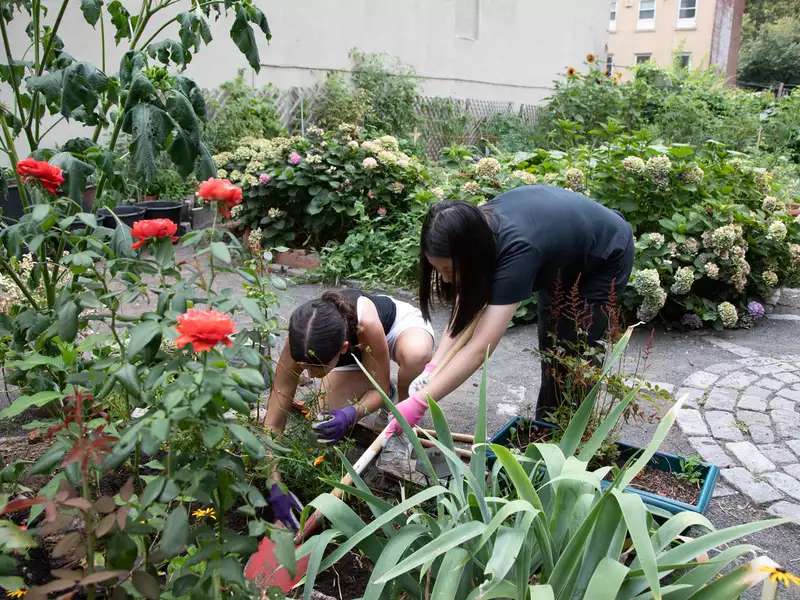
Take a look at the many ways the College has grown its commitment to championing positive change as it celebrates Climate Week NYC 2024.

Wright oversees the hub for student learning and faculty instruction, which provides educational tools and resources to the campus community.
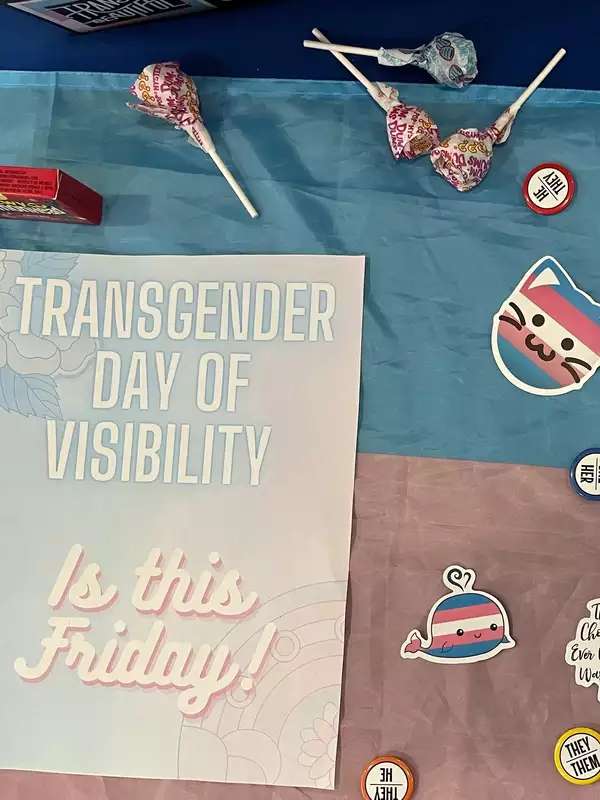
On the fifth anniversary of the Bold Conference, students, faculty, and staff discussed LGBTQ+ inclusion at the College.
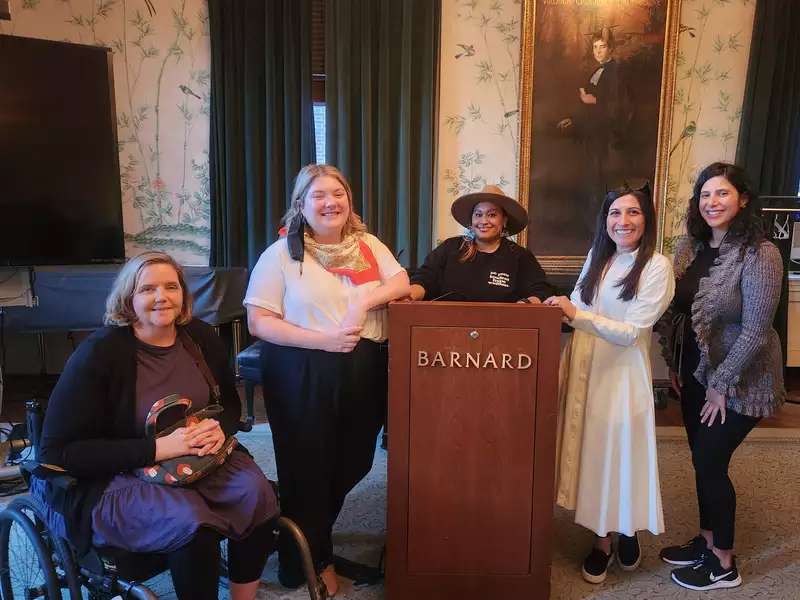
In its third year, the annual program expands the dialogue of inclusive representation — ensuring easy access to community-wide activities for all.
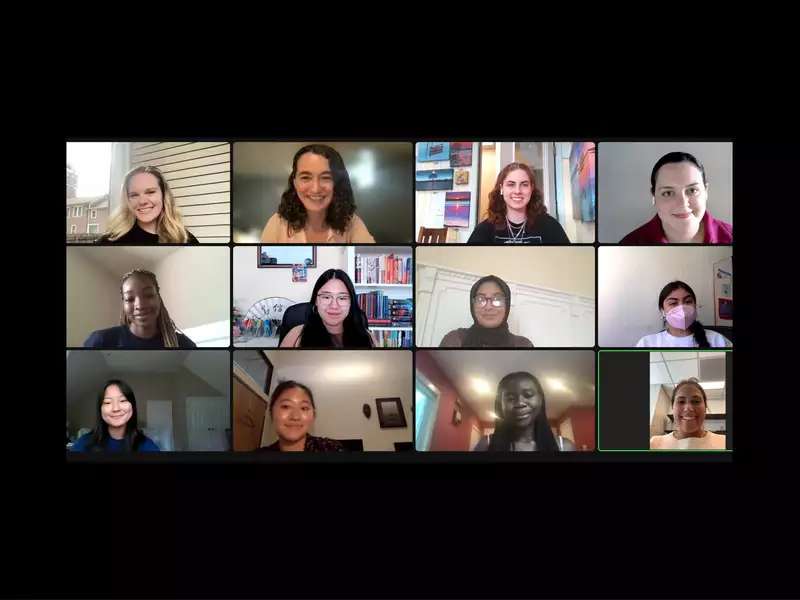
A unique pilot program within Barnard’s Center for Engaged Pedagogy taps into students’ powers of observation.
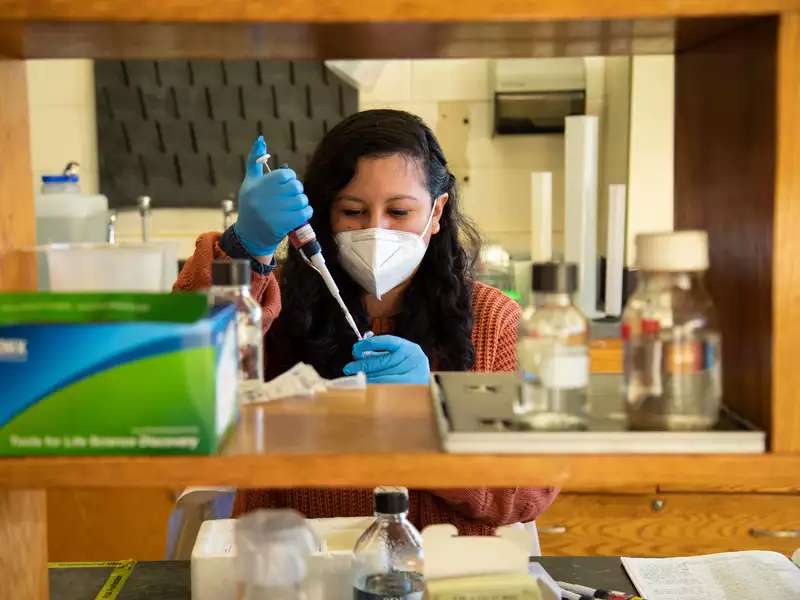
As part of a team of staff and faculty, Melissa E. Flores ’16 helped Barnard’s Biology Department redesign its curriculum to ensure inclusivity for students from all backgrounds. #BarnardCelebratesWomensHistoryMonth
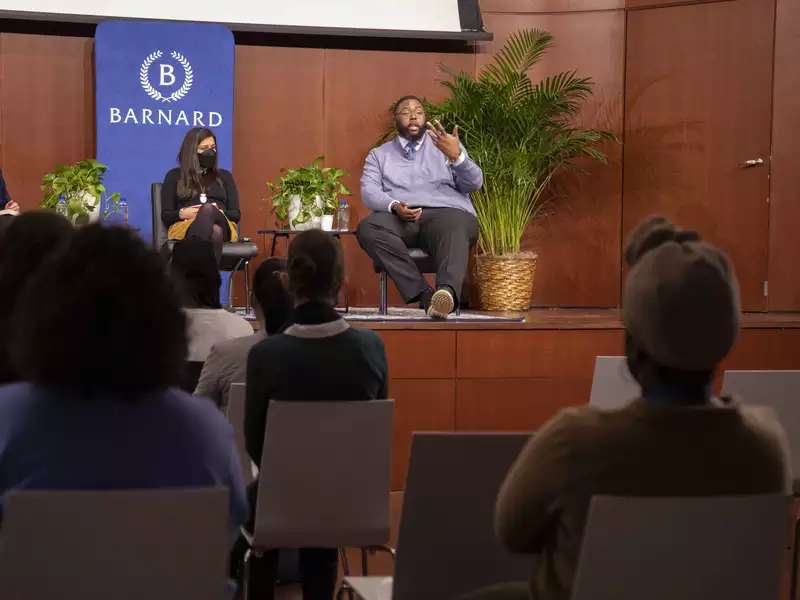
Harvard education professor Anthony Jack led a two-event series discussing his book, The Privileged Poor: How Elite Colleges Are Failing Disadvantaged Students.
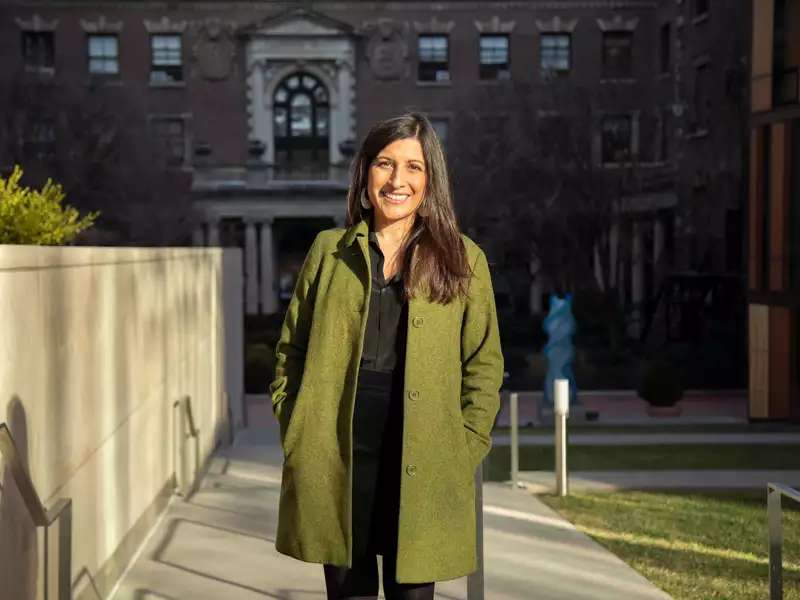
The retitled role succeeds Barnard’s inaugural Vice President for Diversity, Equity, and Inclusion.

The newly created position, sponsored by The Norman E. Alexander Family G Foundation, Gail A. Binderman ’62, president, will support Barnard faculty and staff in addressing difficult topics in the classroom.

Amy Zhou (Assistant Professor, Sociology) spoke to Joscelyn Jurich about her Global Health, Politics and Society seminar, new approaches to research and zines as both expressive mediums and research sources. This interview is part of the CEP's Materiality and Embodiment Series, for which we spoke to various members of the Barnard community about materiality and embodiment in the digital space.

Najam Haider (Professor of Religion) spoke to Joscelyn Jurich about active pedagogy, the limitations and potential of online teaching and learning, dialectical notebooks and zine-making. This interview is part of the CEP's Materiality and Embodiment Series, for which we spoke to various members of the Barnard community about materiality and embodiment in the digital space.

Irena Haiduk (artist and Assistant Professor of Professional Practice in Visual Arts) spoke to Joscelyn Jurich about art's potential and limits, reimagining and redesigning the classroom and the vital importance of embodied teaching and learning. This interview is part of the CEP's Materiality and Embodiment Series, for which we spoke to various members of the Barnard community about materiality and embodiment in the digital space.

Severin Fowles (Chair of American Studies, Associate Professor of Anthropology, Director of the Archaeology Track) spoke to Joscelyn Jurich about his seminar, Indigenous Place Thought, his own research in material culture, and how activism and pedagogy can meaningfully intersect. This interview is part of the CEP's Materiality and Embodiment Series, for which we spoke to various members of the Barnard community about materiality and embodiment in the digital space.